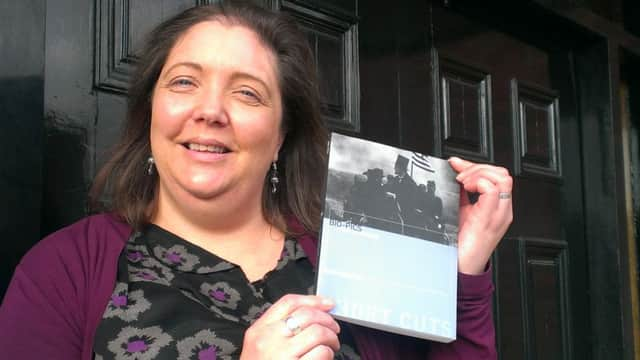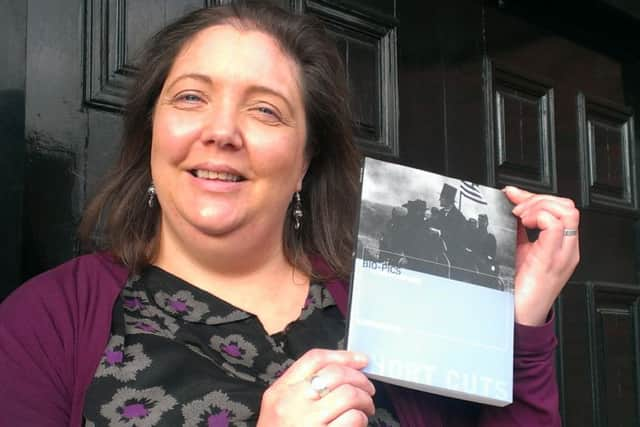Ellen’s guide to bio-pics


She’s even added the hyphen into the title of her new book Bio-pics: A Life in Pictures (Wallflower Press) – a book she dedicates to ‘all my friends and family who have to hear me say ‘It’s bio-pics as in biographical pictures (films about real people), not bio-pics, which sounds like some kind of sight problem!”’
As she suggests, the way you say the word is your way into the genre, a rich and fascinating one she explores in her latest volume, following on from studies of the Coen Brothers, Ang Lee, Jane Campion and Audrey Hepburn.
Advertisement
Hide AdAdvertisement
Hide Ad“I was once asked to do a talk on biopics, and I couldn’t find any books about them despite biopics being hugely popular in our cinemas. I was curious about why. I pitched the book about seven years ago, but for some reason or other, it was up and down until it has now happened.”


Look at this year’s Oscar nominations, and you see straight away how popular biopics are: “They really are incredibly popular, but the interesting thing is that the reviewers are often quite damning about them. Biopics have to select subject matters that have high moments of drama. If we knew about women poets only from the films, we would have a very depressing view of them! They only seem to make biopics about the ones that had tragic lives. I don’t think people would want to watch a film about a poet happily getting on with her job!
“But biopics, I think, have been a real growth area for the past 20 years or so. There were quite a lot during the Golden Age of Hollywood in the 30s and 40s, and then it fell away in the 70s and 80s when we had different kinds of film, but then there was a comeback in the 1990s. The first one I include in my book was Ed Wood (1994, directed by Tim Burton, starring Johnny Depp). The most recent one I include is Mandela: Long Walk to Freedom.”
It’s probably no coincidence the past two decades of growth coincide with the rise of magazines such as Hello and OK, Ellen believes, “the magazines that try to get behind to the lives of the stars we see on the screens”.
Advertisement
Hide AdAdvertisement
Hide AdEllen has arranged her book around the different kinds of people depicted in biopics, from singers/musicians to actors/directors, from writer to painters, from sports personalities to academics, with politicians and royals also thrown into the picture.
As for whether they are accurate, Ellen suggests taking a look at the director and also taking a look at the degree of family involvement – not that family involvement necessarily means accuracy.
Family involvement could equally well mean a whitewashing of certain unsavoury aspects of the subject’s life.
The other point is interest is the breadth of biopics available, some going from cradle to grave, others showing just a few days in the life of the person in question.
“The Queen starring Helen Mirren is just a very short period, but it is a very significant period. You can gain a lot of insight in just one very significant week.”